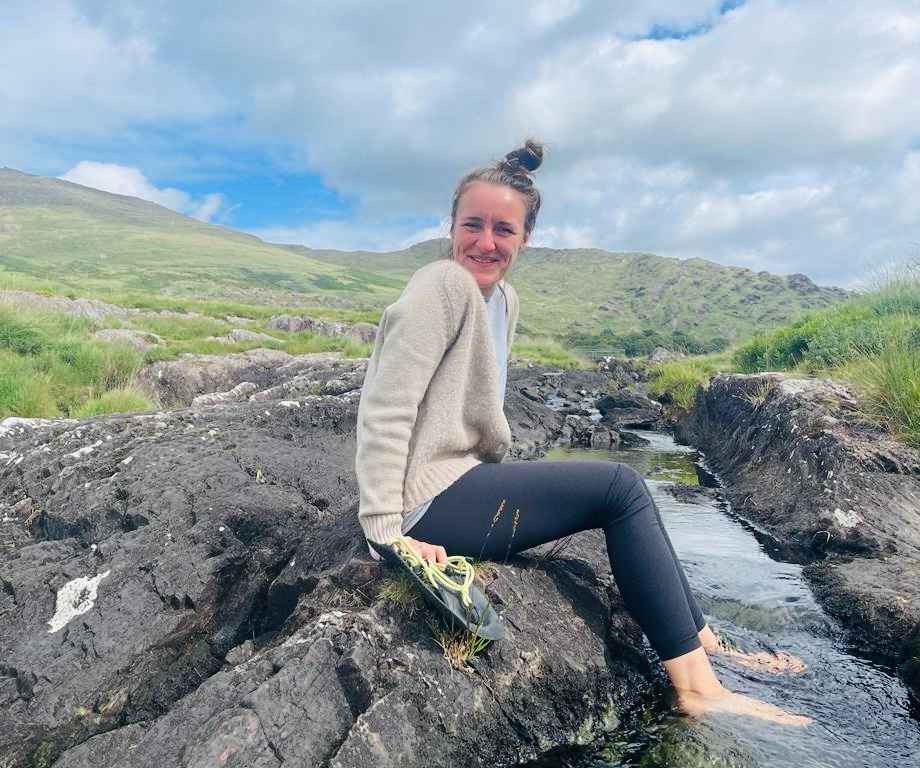Reviewed By Pamela Kirkpatrick - Senior Accredited NCS & Registered Member MBACP Adv. Dip.
Walking Meditation
13 June 2023
We often think of meditation as somebody sitting serenely cross legged, but you can engage in meditation through activities too.

Catherine Wells
Occupational Therapist
Some people prefer these kinds of meditations as they feel it gives them something more concrete to focus on. How about trying a walking meditation? (Bare feet optional!) This helps lower stress levels, improves mood and promotes focus. It also enables us to appreciate what is around us, and helps us to become more aware of our body.
During walking meditations we bring our awareness to different points of focus. Sometimes, our minds will begin to judge our experiences, or get lost in a story about them. When your mind wanders, simply acknowledge the thought, and compassionately and nonjudgmentally bring your attention back to what you were focusing on.
Next time you go for a walk
Try bringing your awareness to the points below for 30-60 seconds each.
- As you begin to walk, check in with your body. Scan it from the soles of the feet up for any areas of tension, relax these areas if possible- especially the shoulders, tummy, neck and jaw.
- Notice your posture and how you are moving. Maybe allow your spine to lengthen, and comfortably walk tall with your shoulders back.
- Become aware of what you see around you. Simply notice and acknowledge your outer environment and any sights.
- Notice any smells- even subtle ones.
- Notice any sounds- near or far, natural or manmade.
- Begin to notice sensations in your body- for example- the air against your skin, the breeze in your hair, maybe rain or the sun on your face.
- Notice the sensations of walking. This is an activity we engage in all the time, but do not often focus on. Become curious. Notice how the pressure feels of the soles of your feet as you step and move your weight, notice if your arms swing, notice your stride. Notice the calm, instinctive rhythm of walking. When your mind wanders, bring it back to the shifting of pressure on the soles of your feet as you walk.
Get Inspired Further
breathwork for relaxation
Catherine Wells, Occupational Therapist, show us how to use your breath to initiate a relaxation response in the body.
Candle Meditation
Experts and some research suggest that candle gazing meditation can help enhance cognitive function, mental health, and reduce anxiety.
Meditation 6 Barriers for Newbies
Knowing the hurdles you might face as a beginner can really help. Plus we've a bonus, easy-peasy meditation for you to try that won't take up any of your time.



